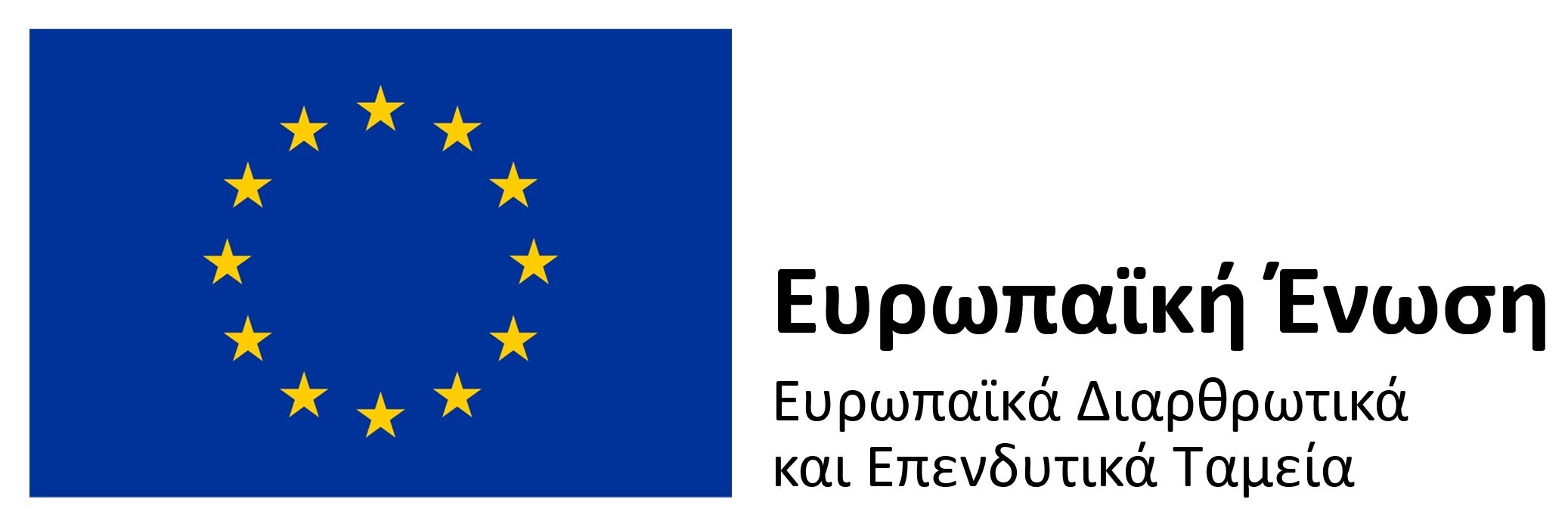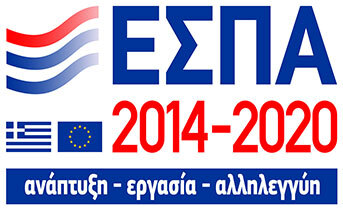A decision issued by the competent Interdisciplinary Assessment, Advisory and Support Centres (KEDASYs) on the examination of candidates with disabilities and special educational needs or special learning difficulties.
Submission by:
Submitted by the applicant (in person or by post)
Submitted by:
Persons
Notes:
The decision on the examination of candidates with disabilities and special educational needs or special learning difficulties should be submitted within the same time limit as that set for submitting the application-declaration for participation in the nationwide examinations, unless specified otherwise.
Candidates with disabilities and special educational needs as referred to in Article 3 of Law 3699/2008 (Government Gazette, Series I, No 199) are examined orally or in writing, as appropriate, for the nationwide examinations of General Senior High Schools and Vocational Senior High Schools depending on their abilities as follows:
(A) Oral examination applies to candidates who are unable to undergo a written examination because they:
(i) are blind under Law 958/1979 (Government Gazette, Series I, No 191) or have a vision disability of at least 67 % or have a vision impairment of at least 67 %;
(ii) have a permanent or temporary mobility disability of at least 67 % associated with the upper extremities;
(iii) suffer from upper extremity spasticity;
(iv) have specific learning difficulties, such as dyslexia, dysgraphia, dyscalculia, dysanagnosia and dysorthographia.
In cases (i) to (iii), the relevant application should be submitted to the Senior High School to which the application-declaration for participation in the nationwide examinations is to be submitted, accompanied by the decision of the Interdisciplinary Assessment, Advisory and Support Centres (KEDASYs) on replacing the written examination with an oral examination, without prejudice to paragraph E of this Article. The above decision is issued by the KEDASYs, taking into account the opinions issued by the Disability Certification Centres (KEPAs) or the Supreme Disability Certification Health Committees referred to in Article 17(2) of Law 4058/2012 (Government Gazette, Series I, No 63), in the context of the cooperation of KEDASYs with the KEPAs and the Supreme Disability Certification Health Committees in accordance with Article 11(4) of Law 4823/2021 (Government Gazette, Series I, No 136).
In case (iv), a decision needs to be issued by the competent Interdisciplinary Assessment, Advisory and Support Centres (KEDASYs) on replacing the written examination with an oral examination, without prejudice to paragraph E of this Article, which should state precisely the candidate’s specific learning difficulty, as referred to in point A(iv), and the time of the candidate’s reassessment, if necessary.
(B) Oral examination also applies to candidates with complex cognitive, emotional and social difficulties, delinquent behaviour due to abuse, parental neglect and abandonment or domestic violence, provided that they submit an evaluation report demonstrating that they have special educational needs and are unable to undergo a written examination. In that case, the decision should be issued by the competent Interdisciplinary Assessment, Advisory and Support Centre (KEDASY), without prejudice to paragraph E of this Article, upon submission of either a medical certificate from a public hospital notified to judicial authorities in the event of abuse of the candidate due to parental neglect and abandonment or domestic violence, or a certificate from a judicial authority or a juvenile public prosecutor in the event of delinquent behaviour.
(C) Candidates with autism spectrum disorders are examined:
(i) in writing in a separate room with the possibility of extending the examination time; or
(ii) orally.
In those cases, an evaluation report / decision needs to be issued by the competent Interdisciplinary Assessment, Advisory and Support Centres (KEDASYs), without prejudice to paragraph E of this Article, which should state precisely the candidate’s abovementioned difficulty, the oral or written examination method, and the time of the candidate’s reassessment, if necessary. The relevant application should be submitted to the Senior High School to which the application-declaration for participation in the nationwide examinations is to be submitted, accompanied by the evaluation report / decision of the Centres referred to above.
(D) Candidates with very serious hearing problems (deaf, hard-of-hearing people) of 67 % or more and those with speech problems (dysarthria, stutter) and epilepsy problems are examined in writing in a separate room, with the possibility of extending the examination time. More specifically: (a) Candidates with serious hearing problems (deaf, hard-of-hearing people) at 67 % or more, or with epilepsy problems, should submit the relevant application to the Senior High School to which the application-declaration for participation in the nationwide examinations is to be submitted, accompanied by the evaluation report issued by the Interdisciplinary Assessment, Advisory and Support Centres (KEDASYs), without prejudice to paragraph E of this Article. The above decision is issued by KEDASYs, taking into account the opinions issued by the Disability Certification Centres (KEPAs) or the Supreme Disability Certification Health Committees referred to in Article 17(2) of Law 4058/2012 (Government Gazette, Series I, No 63), in the context of the cooperation of KEDASYs with the KEPAs and the Supreme Disability Certification Health Committees in accordance with Article 11(4) of Law 4823/2021 (Government Gazette, Series I, No 136). (b) Candidates with serious speech problems (dysarthria, stutter) should submit the relevant application to the Senior High School to which the application-declaration for participation in the nationwide examinations is to be submitted, accompanied by the evaluation report issued by the Interdisciplinary Assessment, Advisory and Support Centres (KEDASYs), without prejudice to paragraph E of this Article.
(E) i. In accordance with Article 234 of Law 4823/2021 (Government Gazette, Series I, No 136), the provisions of that Law will not affect the validity of any evaluation reports / opinions issued prior to the entry into force of that Law (3 August 2021). The re-drafting of the evaluation reports / opinions on matters for which exclusive competence is reserved to the Interdisciplinary Assessment, Advisory and Support Centres (KEDASYs) should be carried out by KEDASYs. Therefore, any evaluation reports, decisions and certificates issued up until the entry into force of Law 4823/2021 (3 August 2021) by the Educational and Advisory Support Centres (KESYs), the Disability Certification Centres (KEPAs), the Supreme Disability Certification Health Committees referred to in Article 17(2) of Law 4058/2012 (Government Gazette, Series I, No 63), the Community Mental Health Centres for Children and Adolescents (KoKePSYPEs), the Mental Health Centres, the Medical-Paedagogical Services of the Centre for the Education and Rehabilitation of the Blind (KEAT) or of the National Institution for the Deaf will remain in force in respect of the candidate’s participation in the nationwide examinations for admission to higher education up until their expiry date. Where evaluation reports / opinions and certificates are issued after 3 August 2021, an evaluation report needs to be issued by KEDASYs, which are exclusively responsible for making the relevant decision.
ii. Where the candidate’s parents or guardians disagree with KEDASY’s evaluation report, they may, within 30 days of receipt thereof, lodge an appeal before the Special Diagnostic Evaluation Committee (EDEA), which is set up by decision of the Regional Director for Education. The EDEA decision is final.
iii. Any candidates who are not covered by Article 1(A), (B), (C) and (D) of this Ministerial Decision are examined using the written nationwide examinations procedure. Opinions indicating disabilities or learning difficulties other than those listed in Article 1 of this Ministerial Decision are not accepted.
In accordance with the provisions of Article 11(3)(a)(h) of Law 4823/2021 (Government Gazette, Series I, No 136), the drafting of an assessment report for public or private school students to be given more time falls under the exclusive competence of KEDASYs.
Document submitted under requirements:
Yes
Document’s requirement:
Disability






